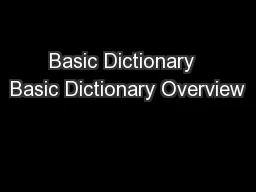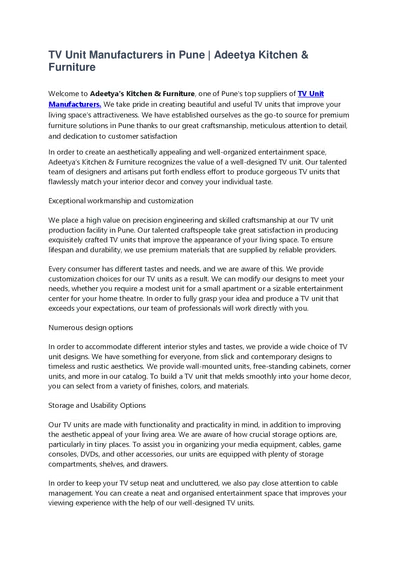PPT-Grammar Unit: Complements
Author : sherrill-nordquist | Published Date : 2016-09-18
Definition Words that complete the thoughts of a sentence are called complements There are 2 kinds of complements those that follow action verbs and those that
Presentation Embed Code
Download Presentation
Download Presentation The PPT/PDF document "Grammar Unit: Complements" is the property of its rightful owner. Permission is granted to download and print the materials on this website for personal, non-commercial use only, and to display it on your personal computer provided you do not modify the materials and that you retain all copyright notices contained in the materials. By downloading content from our website, you accept the terms of this agreement.
Grammar Unit: Complements: Transcript
Download Rules Of Document
"Grammar Unit: Complements"The content belongs to its owner. You may download and print it for personal use, without modification, and keep all copyright notices. By downloading, you agree to these terms.
Related Documents














